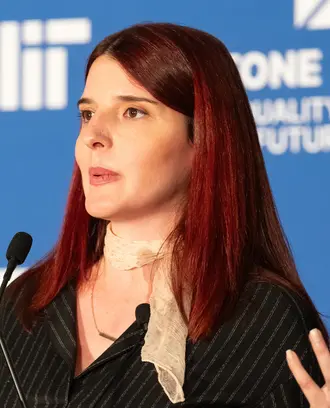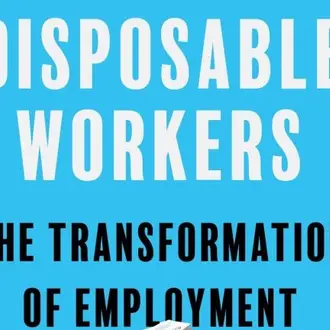Human Resources
Mary Rowe’s 50 Years of Service to MIT and the Organizational Ombuds Profession
Mary P. Rowe
It’s been a noteworthy year for Mary P. Rowe, an Adjunct Professor of Negotiation and Conflict Management at the MIT Sloan School of Management and a member of the faculty of the MIT Institute for Work and Employment Research (IWER). February 2023 marked the 50th anniversary of Rowe’s coming to work at MIT as the “Special Assistant to the President and Chancellor for Women and Work”—a role that soon evolved into being an early organizational ombuds, listening to all kinds of workplace concerns, from both men and women, throughout the Institute. Rowe ultimately served for 42 years as an MIT ombuds.
2023 marks the 50th anniversary not only of Rowe’s arrival at MIT but also of a number of important milestones in her work:
- 2023 is the 50th anniversary of Rowe coining the terms “micro-inequities” (small, subtle acts of unfairness that can form part of the scaffolding of structural sexism and racism) and “micro-affirmations.” You can learn more about both of these topics on her website. Rowe is quick to point out that, in developing these concepts, she was building on the work of Dr. Chester Pierce on micro-aggressions.)
- This year also marks the 50th anniversary of the initial version of Rowe’s article “Drafting a Letter,” about the surprisingly effective option of writing a private letter to someone whom you feel has harassed or bullied you.
- It is also the 50th anniversary of Rowe’s being one of the first people to use the word “harassment” to describe the systemic implications of gender-based mistreatment.
- Finally, December 2023 will mark the 50th anniversary of the then-MIT President declaring, after receiving Rowe’s reports, that harassment of all types was unacceptable at MIT. This declaration in December 1973 was an early example of an anti-harassment and anti-bullying stance at a large US-based institution.
This year, the Journal of the International Ombuds Association has also announced a special issue in honor of Rowe’s work, and Conflict Resolution Quarterly published her article “Becoming an Ombuds at MIT,” along with “The Defining Role of Mary Rowe,” an essay by fellow ombud Howard Gadlin about the importance of Rowe’s work in the development of the organizational ombuds profession.
Rowe continues to write and publish regularly. With generous support from Jean-Jacques (SM '93 and PhD '02) and Valeria Degroof, Rowe has created a website that features free-access versions of much of her published work, for use by ombuds and other conflict management specialists worldwide.
In her current writing, Rowe often focuses on the relationship between organizational ombuds and employee voice. She explains: “Because organizational ombuds (OOs) are uniquely designated as confidential, independent, and impartial resources within an organization, and because they have no ordinary management decision-making power, they are “informal” resources who are often sought out by people in the organization who have concerns but are afraid to speak up.”
Here are three of Rowe’s recent articles about different approaches that may help members of an organization to deal with the risks of speaking up:
- Drafting a Letter. In her years as an ombuds, one option Rowe offered as a first step to many hundreds of people who felt mistreated was to draft a structured private letter to the person who has offended them. Drafting a structured letter, as a first step, can help concerned people think through all their options. This year, she has written a new working paper about how she came to develop that technique: “Drafting a Letter” for People Dealing with Harassment or Bullying How Did this Option Evolve? How May it Help?"
- Generic Options. One option that reduces the risk that comes to individuals who speak up in an organization is to inspire or activate a systemic review of the issue at hand. Generic options address an issue (such as harassment or financial mismanagement or an unsafe work condition) without identifying any individual. Rowe explores this topic in "Consider Generic Options When Complainants and Bystanders Are Fearful," a 2023 article in the Journal of the International Ombuds Association.
- A Checklist for Hesitant Bystanders. Bystanders who witness unacceptable behavior within an organization can play a pivotal role in addressing it. But many bystanders also face understandable doubts and risks as they decide whether to come forward. Another of Rowe’s 2023 articles in the Journal of the International Ombuds Association can help hesitant bystanders evaluate their options: "Helping Hesitant Bystanders Identify Their Options: A Checklist with Examples and Ideas to Consider."



